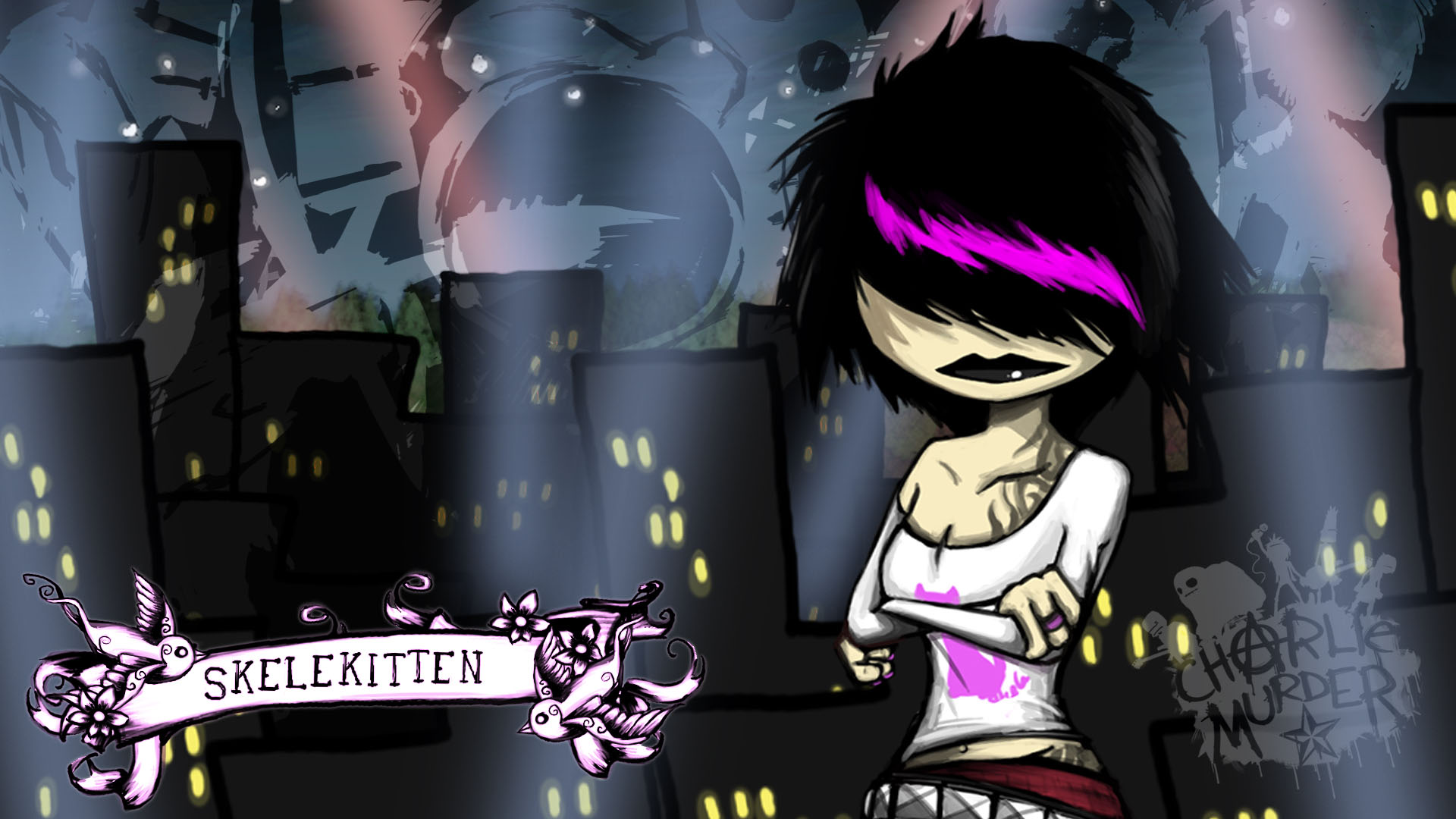

That means no legal sanction for publishing racist cartoons if you choose to publish them, and it means that the law must protect you from acts of retaliatory violence.
#Charlie murder elemental free
Free speech is a right, but politeness is a virtue. The legal right to free speech requires that people’s right to speak freely be respected legally.

I want to live in a world where people can use racial slurs, I would have absolutely no problem with a world in which nobody did. And this - rather than death tolls or threats of violence that may grab the headlines - is the metric by which enemies of open societies measure their success.īut Matt Yglesias at Vox thinks Charlie Hebdo’s cartoons are racist, and although they have a right to be published, it would be better if they weren’t:
#Charlie murder elemental movie
Allowing these forces to gain any traction in the wake of such threats - whether through half-baked media commentary, political pronouncements, or decisions to kowtow to the bad guys, like the one Sony made to pull its movie from theaters - cedes them small, corrosive, and dangerous victories. That is that there are forces afoot in the world that seek to enforce their version of political, cultural, and ideological correctness at gunpoint - or at the threat of a cyberattack or the issuance of a fatwa. Not only do they either practice or promote the idea of self-censorship based on the tastes or demands of thugs, but they distract from the real issue at hand. We are in a situation where my third point applies, because the kind of blasphemy that Charlie Hebdo engaged in had deadly consequences, as everyone knew it could … and that kind of blasphemy is precisely the kind that needs to be defended, because it’s the kind that clearly serves a free society’s greater good.ĭavid Rothkopf at Foreign Policy also thinks it’s important to resist censorship by violent means: And similarly, in a cultural and political vacuum, it would be okay to think that some of the images (anti-Islamic and otherwise) that Charlie Hebdo regularly published, especially those chosen entirely for their shock value, contributed little enough to public discussion that the world would not suffer from their absence.īut we are not in a vacuum. If I ran a reactionary website that devoted itself to recycling pre-modern calumnies against Jewish law and ritual, my rights as an American would not be traduced if people picketed my offices and other journalists told me I had a moral obligation to desist. I disagree slightly with Jonathan Chait’s formulation today that “one cannot defend the right without defending the practice.” If I devoted my next blog post to a scabrous, profanity-laced satire of the Buddha, I would not expect Chait or anyone else to immediately leap to my defense if the Times decided to delete the post and dismiss me from its ranks of columnists. If speech rights only protected polite comments that everyone could agree with, we wouldn’t need them.Īnd at the New York Times, Ross Douthat mostly does, too: At Time, James Poniewozik sides with Chait:į you care about freedom, you don’t always have the luxury of defending monumental art. The language on Barber’s post was later softened. ome common sense would be useful at publications such as Charlie Hebdo, and Denmark’s Jyllands-Posten, which purport to strike a blow for freedom when they provoke Muslims, but are actually just being stupid. France is the land of Voltaire, but too often editorial foolishness has prevailed at Charlie Hebdo. If the magazine stops just short of outright insults, it is nevertheless not the most convincing champion of the principle of freedom of speech. He was responding in part to Tony Barber’s column at the Financial Times:Ĭharlie Hebdo has a long record of mocking, baiting and needling French Muslims. One cannot defend the right without defending the practice. The right to blaspheme religion is one of the most elemental exercises of political liberalism.

Theoretical distinctions aside, both positions yield an identical outcome. The Muslim radical argues that the ban on blasphemy is morally right and should be followed the Western liberal insists it is morally wrong but should be followed. New York’s own Jonathan Chait took a strong stance in favor of unadulterated blasphemy on Wednesday: Below, we’ve rounded up a representative sampling of what political analysts are saying about these attacks. The opinions range from full-throated defenses of the magazine to denials that freedom of speech is even in question. Fallout from Wednesday’s terrorist attack on a French magazine is already beginning - mosques have been attacked in France, and news outlets are in the midst of a heated debate about whether to republish Charlie Hebdo’s cartoons - but most of all, there has been plenty of time for commentators to weigh in.


 0 kommentar(er)
0 kommentar(er)
